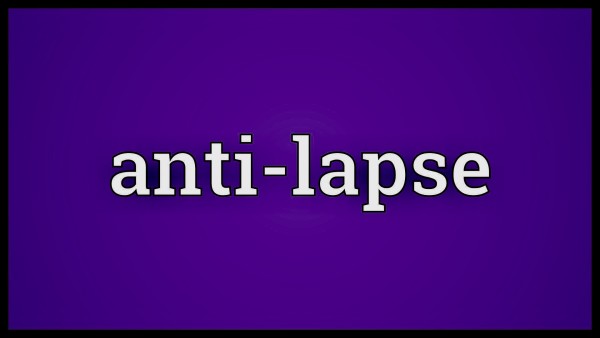
Forbes v Millard Estate 2017 BCSC 361 discusses and gives effect to S. 48 WESA , known as the anti-ademption provision, when property is disposed of by a nominee such as a power of attorney prior to death that under common law the bequest would have failed.
In McDougald Estate v. Gooderham (2005), 255 D.L.R. (4th) 435, 17 E.T.R. (3d) 36 (Ont. C.A.) [McDougald Estate], the Ontario Court of Appeal explained the concept of ademption: ” [1] Wills often contain bequests, which are directions that specific items of property are to be given to named recipients upon the testator’s death. Sometimes the specified item cannot be found among the testator’s assets at the time of death. This can happen because the item is lost, destroyed, sold or given away before the testator dies. At common law, in such a situation, the bequest is held to have adeemed and the gift fails. If there are proceeds from the disposition of the item of property, the proceeds fall into residue and are distributed accordingly. The proceeds are not given to the named beneficiary.”
Section 48 WESA was enacted to deal with ademption and applies to a will, whenever it was executed, if the will maker dies on or after March 31, 2014 when WESA came into effect.
S. 48 WESA states:
48 (1) In this section, “proceeds” means the gross proceeds at the time of disposition, and includes
(a) non-monetary consideration, and
(b) in the case of a gift, the fair market value of the gift.
(2) If property that is the subject of a gift in a will is disposed of by a nominee, the beneficiary of the gift is entitled to receive from the will-maker’s estate an amount equivalent to the proceeds of the gift as if the will had contained a specific gift to the beneficiary of that amount.
(3) Subsection (2) does not apply if
(a) the disposition is made to carry out instructions given by the will-maker at a time when the will-maker was legally capable of giving instructions, or
(b) a contrary intention appears in the will.




